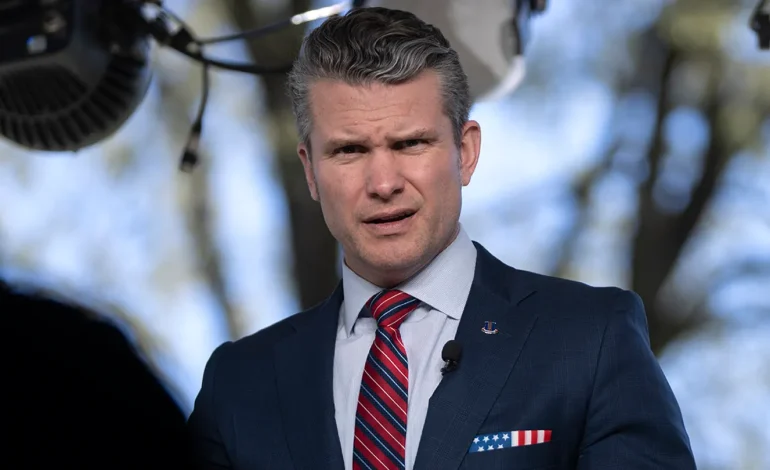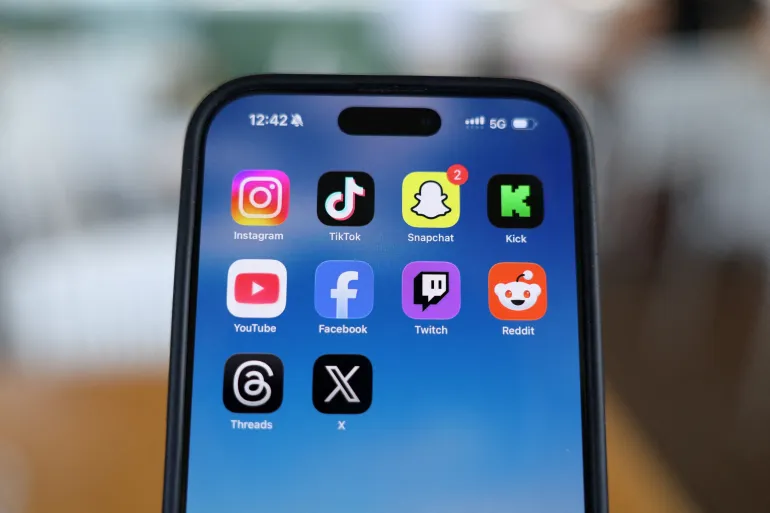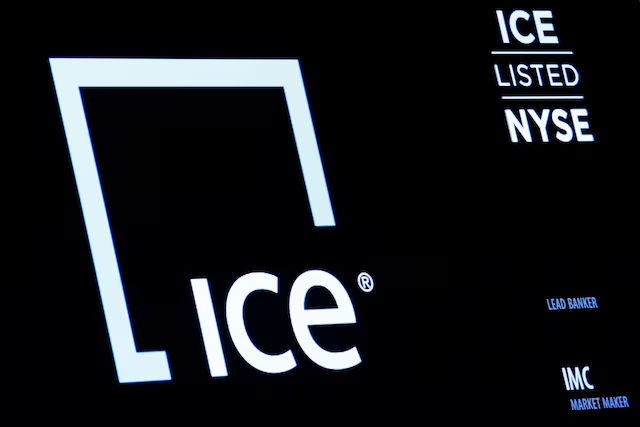The Atlantic Publishes Alleged “Attack Plans” from Leaked Trump Administration Signal Chat

The Atlantic magazine has published what it describes as the “attack plans” at the center of a leaked Signal text chain involving senior officials in the Trump administration, intensifying the controversy surrounding the incident, Fox News reports.
The leak has led to calls for the resignation of Secretary of Defense Pete Hegseth and National Security Advisor Mike Waltz.
The controversy erupted after The Atlantic’s editor-in-chief, Jeffrey Goldberg, was inadvertently added to a private Signal group chat in which Hegseth, Waltz, Vice President JD Vance, and other top officials reportedly discussed impending airstrikes against Houthi rebels in Yemen.
The published screenshots of text messages allegedly include specific details of the planned operation. One purported message from Hegseth reads:
“TEAM UPDATE: TIME NOW (1144et): Weather is FAVORABLE. Just CONFIRMED w/CENTCOM we are a GO for mission launch. 1215et: F-18s LAUNCH (1st strike package). 1345: ‘Trigger Based’ F-18 1st Strike Window Starts (Target Terrorist is @ his Known Location so SHOULD BE ON TIME – also, Strike Drones Launch (MQ-9s).”
Further messages attributed to Hegseth detail subsequent launch times for F-18s and strike drones, culminating with “Godspeed to our Warriors.”
The Atlantic also alleges that Waltz wrote:
“The first target – their top missile guy – we had positive ID of him walking into his girlfriend’s building and it’s now collapsed,” to which Vance allegedly replied, “Excellent.”
In its report titled “Here Are the Attack Plans That Trump’s Advisers Shared on Signal,” The Atlantic defended its decision to publish the information, citing a public interest in disclosing information shared on nonsecure communication channels, especially given attempts by administration officials to downplay the significance of the messages. Goldberg and reporter Shane Harris wrote that the administration officials denials and the threat to national security led them to publish the texts.
They added:
“Experts have repeatedly told us that use of a Signal chat for such sensitive discussions poses a threat to national security. As a case in point, Goldberg received information on the attacks two hours before the scheduled start of the bombing of Houthi positions. If this information – particularly the exact times American aircraft were taking off for Yemen – had fallen into the wrong hands in that crucial two-hour period, American pilots and other American personnel could have been exposed to even greater danger than they ordinarily would face.”
Vance responded to the report by suggesting Goldberg “oversold” the information. He also pointed out that The Atlantic requested they withhold the name of John Ratcliffe’s chief of staff, shared in the Signal chain, because CIA intelligence officers are traditionally not publicly identified.
Waltz defended his actions on X:
“No locations. No sources & methods. NO WAR PLANS. Foreign partners had already been notified that strikes were imminent. BOTTOM LINE: President Trump is protecting America and our interests.”
White House officials echoed this sentiment, with Deputy Chief of Staff Taylor Budowich claiming The Atlantic had abandoned its “bulls— ‘war plans’ narrative.” Press Secretary Karoline Leavitt added:
“The Atlantic has conceded: these were NOT ‘war plans.’ This entire story was another hoax written by a Trump-hater who is well-known for his sensationalist spin.”
Meanwhile, pressure is mounting on Hegseth, with House Minority Leader Hakeem Jeffries demanding his immediate firing in a letter to President Trump. Jeffries argued that Hegseth “recklessly and casually disclosed highly sensitive war plans” and risked American lives.
Hegseth has maintained that “nobody’s texting war plans,” adding:
“I know exactly what I’m doing, exactly what we’re directing, and I’m really proud of what we accomplished.”









The latest news in your social feeds
Subscribe to our social media platforms to stay tuned